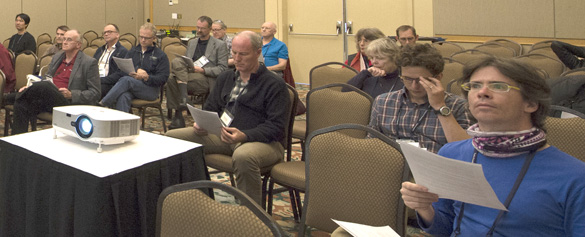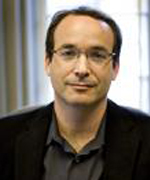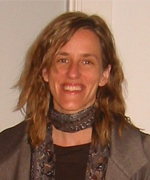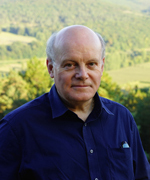
Translating Poetic and Inspirational Materials
Poetic and inspirational materials exist as a place where culture emerges creating a challenge for the translator to capture both the meaning and the psychological effect of the literature in the target language. Andrew Quintman begins this workshop with a theoretical discussion of how the characteristics and structure of a traditional song of devotion give clues about indigenous conceptions of poetry in the Tibetan tradition. Holly Gayley works through various grammatical structures and literary conventions, like metaphor and parallelism, to illustrate the scope of possibility in conveying meaning. Finally, Wulstan Fletcher guides the group through the challenge of capturing the meaning of the translation while also eliciting inspiration between the poet and the reader.
Event: TT Conference 2014 – Workshop
Date: October 4, 2014 – 4:30 pm
Speakers: Andrew Quintmen, Holly Gayley, Wulstan Fletcher
Topics: Inspiration, Poetry, Translation

Andrew Quintman
Yale University
Andrew Quintman is assistant professor in the Department of Religious Studies at Yale University, specializing in the Buddhist traditions of Tibet and the Himalaya. For seven years he served as the academic director of the School for International Training’s Tibetan Studies program based in Kathmandu. He is the author of The Yogin and the Madman: Reading the Biographical Corpus of the Great Tibetan Saint Milarepa (Columbia University Press 2013), and co-editor of Himalayan Passages: Tibetan and Newar Studies in Honor of Hubert Decleer (Wisdom Publications 2014). His English translation of The Life of Milarepa (2010) was published in the Penguin Classics series. He currently serves as the co-chair of the Tibetan and Himalayan Religions Group at the American Academy of Religion and is co-leading a five-year AAR seminar on Religion and the Literary in Tibet.

Holly Gayley
University of Colorado, Boulder
Holly Gayley is Assistant Professor of Buddhist Studies at the University of Colorado, Boulder. Her research focuses on the revitalization of Buddhism in the Tibetan region of Golok since the 1980s. She completed her Masters in Buddhist Studies at Naropa University in 2000 and PhD at Harvard University in Tibetan and Himalayan Studies in 2009. Currently, she is finalizing a manuscript on the life and love letters of the contemporary female tertön, Khandro Tāre Lhamo, and her consort Namtrul Rinpoche and translating texts of advice to the laity by Khenpo Jigme Phuntsok and his successors at Larung Buddhist Academy in Serta. In 2013, Holly co-organized the conference, “Translating Buddhist Luminaries,” which brought translators and scholars into a conversation about the art of translation in relation to pithy texts of advice by nineteenth century ecumenical masters such as Patrul Rinpoche, Ju Mipham, and Jamgön Kongtrul. The translations will appear in an edited volume with Wisdom Publications.

Wulstan Fletcher
Padmakara Translation Group; Tsadra Foundation Fellow
Wulstan Fletcher studied modern languages and theology in Oxford and Rome. He completed a three year meditation retreat in Chanteloube, France 1986-1989 and is a member of the Padmakara Translation Group. He has been a Tsadra Fellow since 2001. Wulstan has completed several Tibetan-English translation projects in collaboration with Helena Blankleder, including The Wisdom Chapter: Jamgön Mipham’s Commentary on the Ninth Chapter of The Way of the Bodhisattva (2017), Treasury of Precious Qualities (Book 1, 2010; Book 2, 2013), The Root Stanzas of the Middle Way (2008), The Way of the Bodhisattva (revised 2006), The Nectar of Manjushri’s Speech (2007), White Lotus (2007), Introduction to the Middle Way (2005), The Adornment of the Middle Way (2005), Food of Bodhisattvas: Buddhist Teachings on Abstaining from Meat (2004), and Counsels from My Heart (2003). Wulstan is currently working on Longchenpa’s sems nyid ngal gso and Mipham’s brgal lan nyin byed snang ba.
